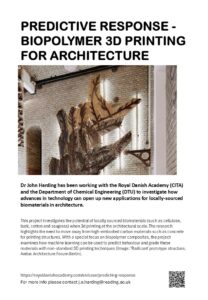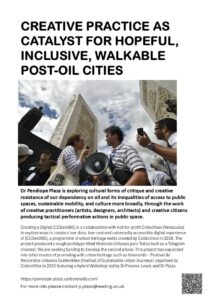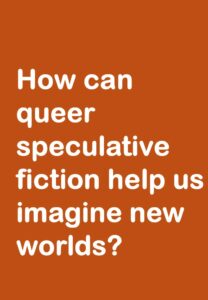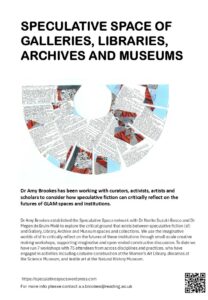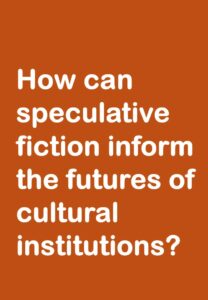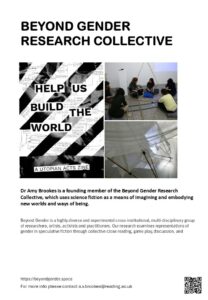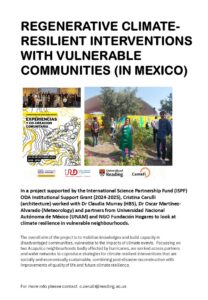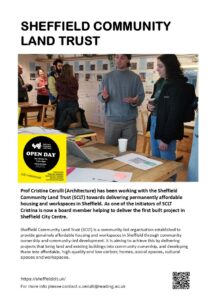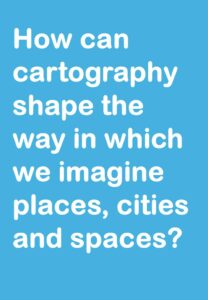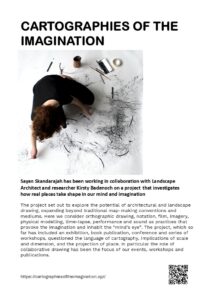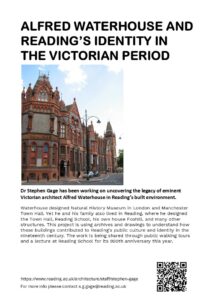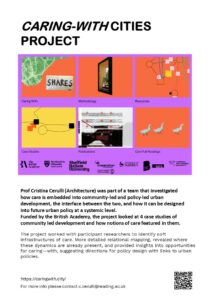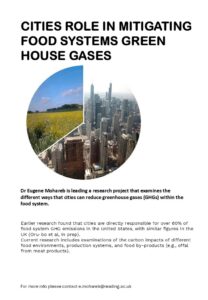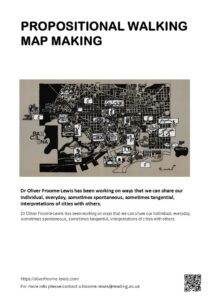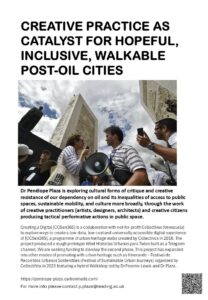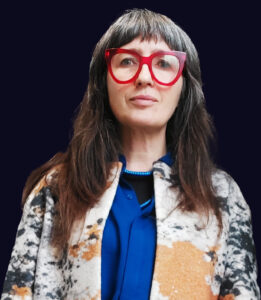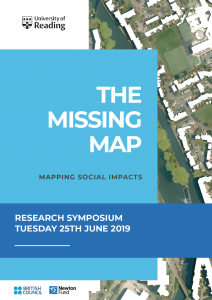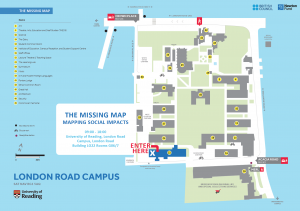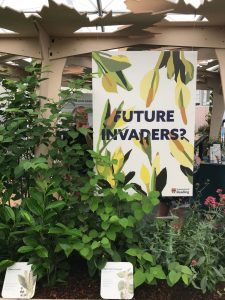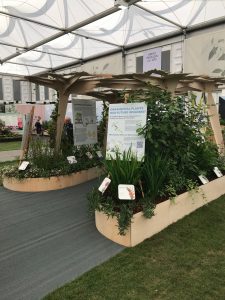UST, UoR and Sta. Rosa LGU inked collaborative MOU for a Newton Fund Institutional Links project
On 7 January 2019, the local government of Sta. Rosa, Laguna formalised its support to the Newton Fund Institutional Links project by signing a Memorandum of Understanding (MOU), providing access to the City’s communities as study site for the project. The MOU also allows the project researchers from the University of Sto. Tomas and University of Reading access to the city’s data maintained and managed by its Planning Office.
The Newton Fund Institutional Links project, “Eco-social Surveying: Mapping social assets, green infrastructure and the connections between them in rapidly changing cities” selected Sta. Rosa, Laguna as its research site due to the City’s rapid urbanisation and development. The goal of the study is to map the ecological-social assets of Sta. Rosa and create and urban living lab that is innovative, inclusive and based on real life research for the multiple stakeholders in the city.
The project will utilise knowledge exchange across researchers of University of Sto. Tomas and University of Reading as an opportunity to develop planning policy guidance that will preserve and enhance eco-social assets. The LGU of Sta. Rosa sees this as an opportunity to have robust scientific basis for its policies and programmes that will address the effects of rapid urbanisation of the area.
This project is led by Dr. Leah Dela Rosa of UST and Dr. Flora Samuel of UoR, and is expected to be completed by the end of 2019.
https://www.britishcouncil.ph/about/press/collaborative-mou-institutional-links

